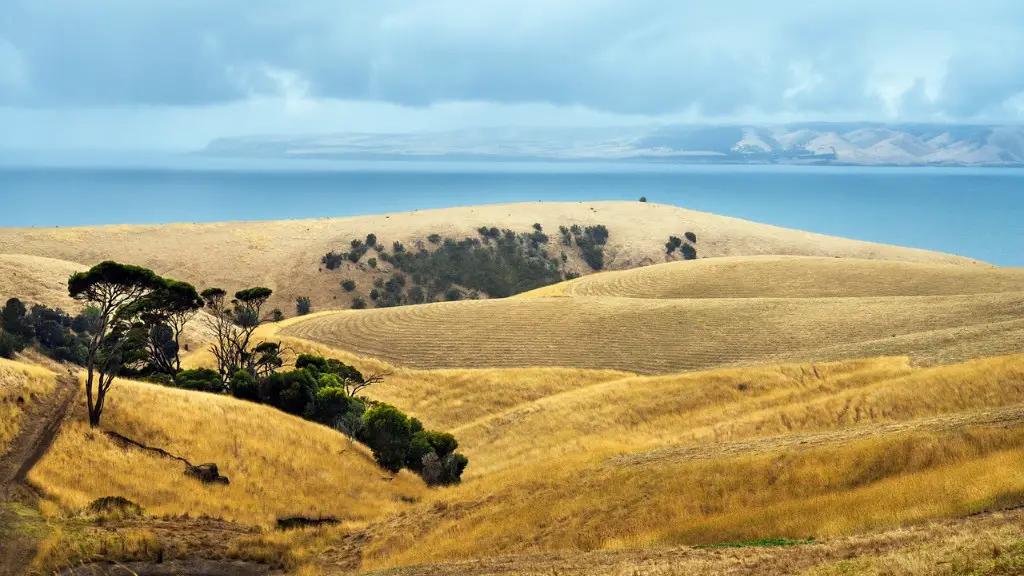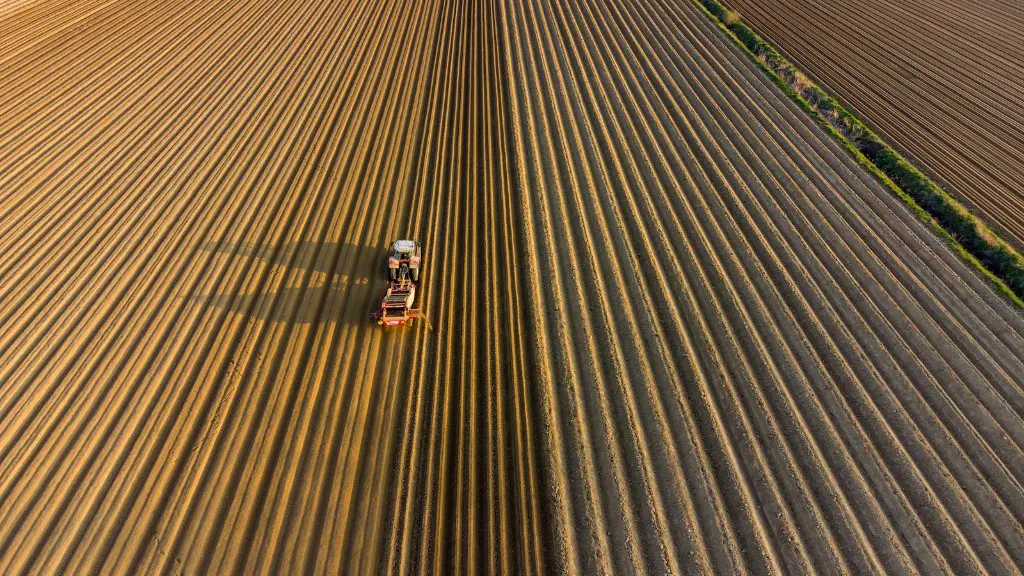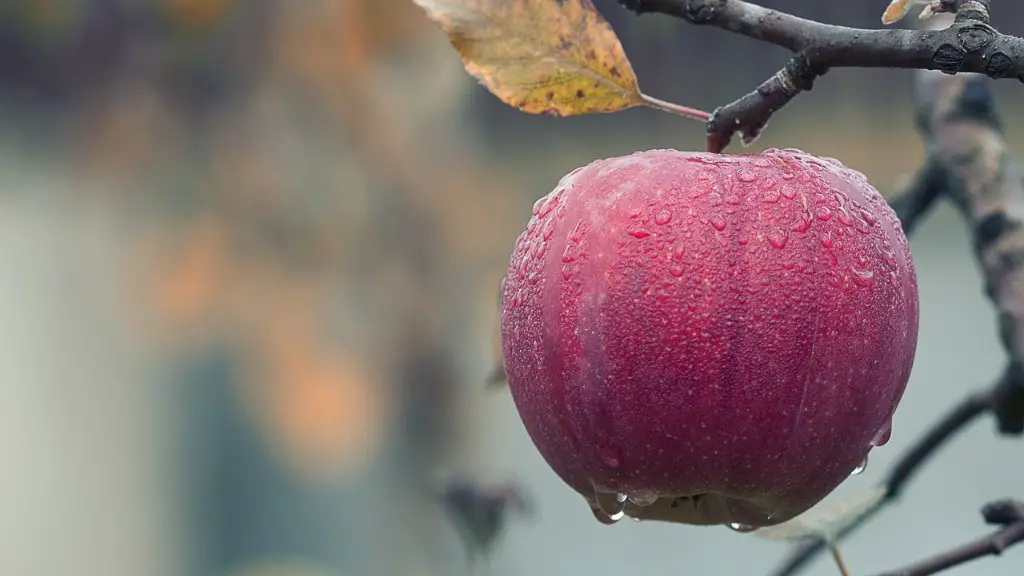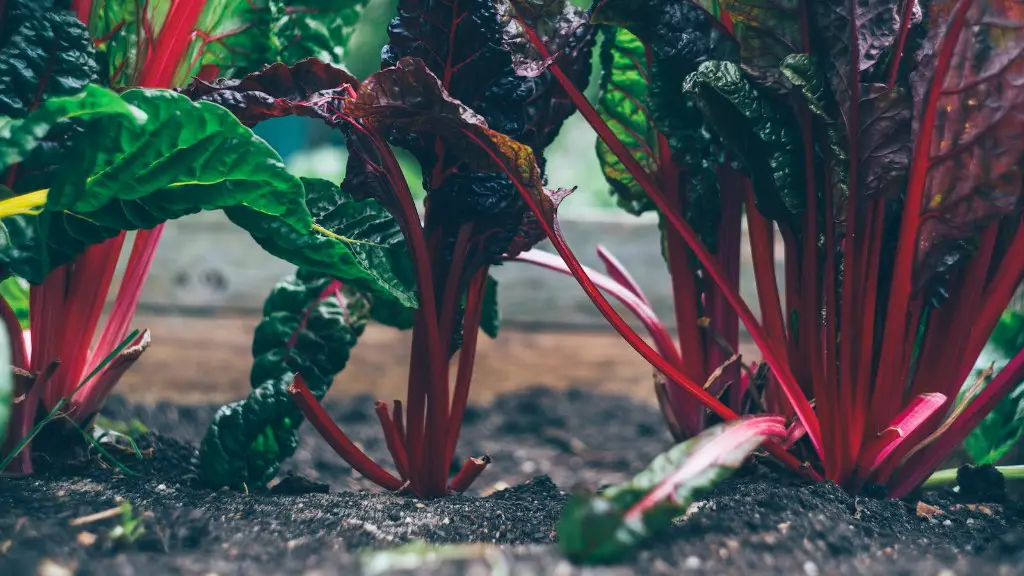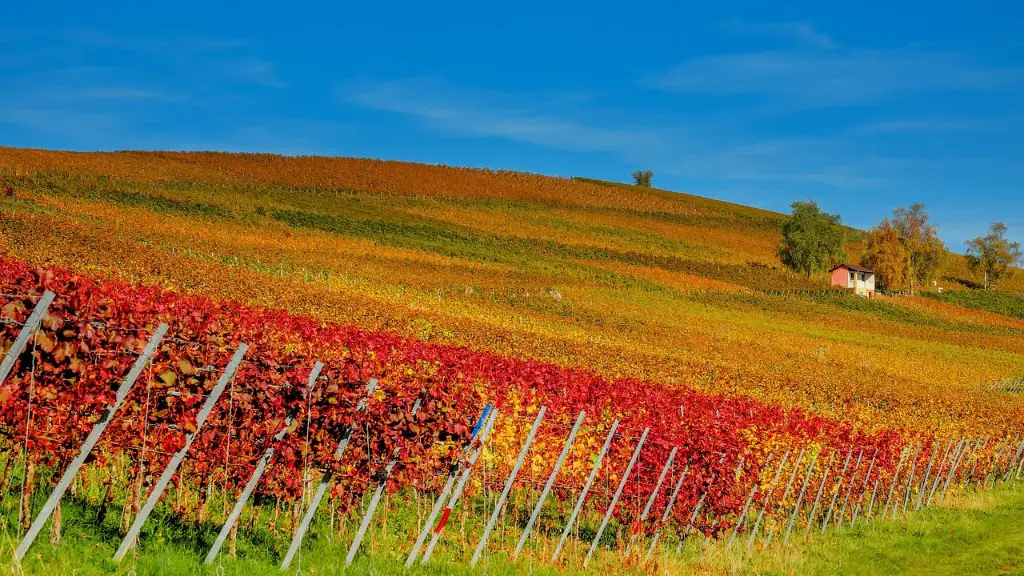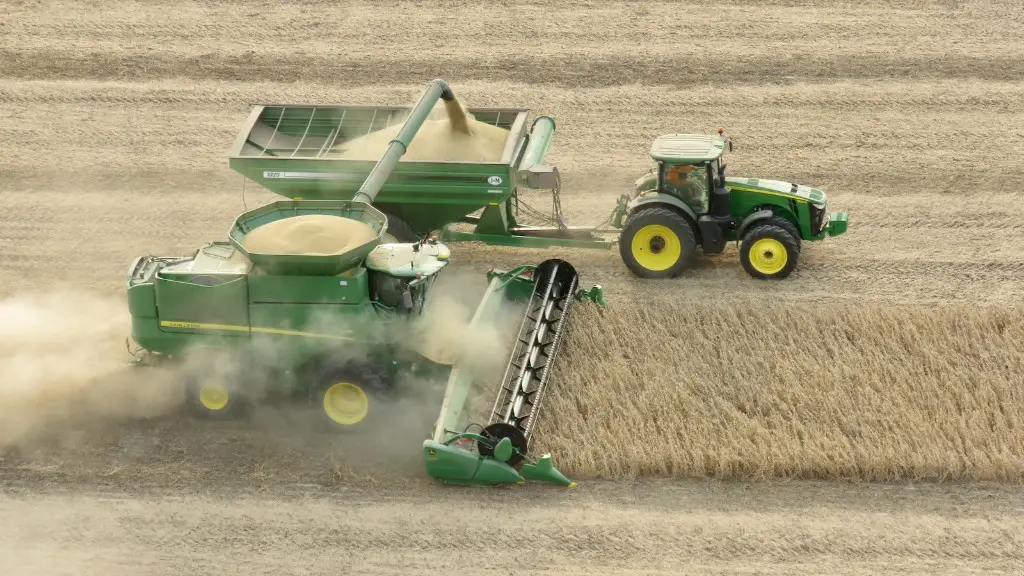Water is essential for life and is used in a variety of ways. The agricultural sector is one of the largest consumers of freshwater, accounting for approximately 70% of the world’s total withdrawals. Agriculture is a vital part of many countries’ economies and plays a key role in food security. However, the sector is also one of the most water-intensive, particularly in developing countries. Inefficient irrigation practices and a lack of infrastructure can lead to significant losses of water. As the world population continues to grow, demand for food will increase, putting additional pressure on the already strained water resources. It is essential that measures are taken to improve water management in agriculture in order to protect this vital resource.
Agriculture uses around 70% of the world’s freshwater resources.
What percentage of Earth’s freshwater is used for agriculture?
Water is a vital resource for life and is used in a variety of ways. The USGS estimates that nearly 65 percent of the world’s freshwater withdrawals are used for irrigation, excluding thermoelectric power. This is a significant amount of water and highlights the importance of water conservation.
Freshwater is a vital resource for all life on Earth. While 70 percent of freshwater withdrawals are used for agricultural purposes, 20 percent are used for industrial use, and the remaining 10 percent are used for domestic purposes, all uses are important.
Freshwater is essential for human life, as well as for the cultivation of crops and livestock.Industrial uses of freshwater include cooling water for power plants and factories, as well as process water for various manufacturing processes. Freshwater is also used in the domestic sphere for things such as cooking, cleaning, and bathing.
While all uses of freshwater are important, it is essential that we use this precious resource wisely and conserve it whenever possible.
Does agriculture use 20% of water
It is expected that reallocation of water resources will come largely from agriculture in the future. This is due to agriculture’s high water usage, which on average accounts for 70% of all freshwater withdrawals globally. This number is even higher when considering “consumptive water use”, which takes into account water lost through evapotranspiration by crops. As the world’s population continues to grow, it will be necessary to reallocate water resources in order to meet the demand.
Agriculture is the largest consumer of water in the United States, accounting for approximately 80 percent of the country’s total water use. In many Western states, agriculture accounts for over 90 percent of all water consumption.
Is globally 70% of freshwater used for agriculture?
Agriculture is the largest water user worldwide, accounting for 70 percent of total freshwater withdrawals on average. However, these amounts can reach as much as 95 percent in some developing countries.
Agriculture is a water-intensive sector, and it is important to ensure that water is used efficiently and sustainably in order to avoid over-exploitation and degradation of water resources. Improving water management in agriculture is therefore essential to meeting the ever-growing demand for food and protecting the environment.
It is estimated that around 70 percent of all freshwater withdrawals are for agricultural purposes. With growing populations and demand for food, this number is expected to increase. While irrigation can be a very efficient way to use water, it can also lead to water waste and degradation of water quality. Therefore, it is important to carefully manage irrigation in order to ensure that water is used efficiently and sustainably.
Who use 70% of the fresh water used in the world?
Over 70 percent of the world’s freshwater is used for agriculture, and by 2050, feeding a planet of 9 billion people will require an estimated 50 percent increase in agricultural production. This means that water withdrawals will need to increase by 15 percent. agriculture is a water-intensive industry, and as the population grows, so does the demand for food. With climate change also affecting water availability, it is critical that we find ways to increase agricultural production while using less water.
Agriculture is one of the biggest users of freshwater resources, accounting for around 70 percent of withdrawals globally. While this is essential for food production, it can put a strain on local water supplies, especially in areas where water is already scarce. Therefore, it is important to use water efficiently in agriculture and to look for ways to reduce water use.
Why is it only 3 percent of freshwater useful on the Earth
It is estimated that only about three percent of Earth’s water is freshwater. Of that, only about 12 percent can be used as drinking water; the rest is locked up in glaciers, ice caps, and permafrost, or buried deep in the ground. This leaves us with a very limited amount of freshwater that we can use for drinking, irrigation, and other purposes. We need to be very careful with how we use this precious resource.
Water is essential for agriculture, and it is estimated that Agriculture accounts for 70% of the world’s freshwater. This high demand for water can lead to water shortages and conflict over water resources. We need to be more efficient in our use of water in agriculture, and explore ways to increase our water supply.
Is the biggest use of water for agriculture?
It is important to note that the water used to help recharge groundwater can also be used for agricultural purposes. In California, agriculture accounts for approximately 80 percent of all water usage, so even small improvements in agricultural water use efficiency can have a significant impact. Improving water use efficiency in agriculture can help to protect California’s water resources and ensure that they are used in the most efficient and sustainable manner possible.
The Land Area of the World is 13,003 million ha 4,889 million ha are classified as ‘agricultural area’ by the FAO (this is 376% of the Land Area). This means that a large portion of the world is used for agriculture, which is the main way that humans get food. Agriculture is important for the world because it provides food for people, which is necessary for survival.
How much fresh water is used for farming
70% of the world’s water is used for agriculture annually. This means that over 2 quadrillion gallons of water are used for this purpose each year. This is enough water to cover the entire United States in 2 feet of water. To understand how we use most of this precious resource, we need to understand how it is allocated.
Agriculture is the single biggest user of freshwater, accounting for at least 70% of current water use by humans. This is a huge amount of water, and it is important to be aware of how much water is being used for agricultural purposes. If we want to protect our water resources, we need to be mindful of our water use and take steps to reduce our impact.
What percentage of the world’s freshwater is used for agriculture quizlet?
Water is an essential resource for all life on Earth. Without water, there would be no life. All plants and animals need water to survive. Water is also used in many industries, such as farming, manufacturing, and energy production. In addition, water is used for household purposes, such as cooking, cleaning, and bathing.
Agriculture irrigation accounts for 70% of water use worldwide and over 40% in many OECD countries Intensive groundwater pumping for irrigation depletes aquifers and can lead to negative environmental externalities, causing significant economic impact on the sector and beyond.
Why is 70% of freshwater inaccessible for use
The icecaps and snow glaciers found on mountain tops contain fresh water which is inaccessible to us. This is because the water is frozen and inaccessible. However, we can still use this water by melting it down and using it for our needs.
Only about 1% of Earth’s total water is available for human consumers. Of that, the overwhelming majority is used for agriculture and industry. A tiny fraction is used for domestic purposes, including drinking, cooking and sanitation. The issues of water availability and access are only going to become more pressing as the world’s population continues to grow. We must find ways to use water more efficiently and to protect and preserve our precious water resources.
Warp Up
Almost 80% of the world’s freshwater is used for agriculture.
According to the Food and Agriculture Organization of the United Nations, agriculture is responsible for 70% of global freshwater use. This is a significant amount, considering that agriculture only accounts for 2% of the world’s total water usage. With the world’s population continuing to grow, and the demand for food increasing, it is essential that we find ways to increase the efficiency of our agricultural water usage.
